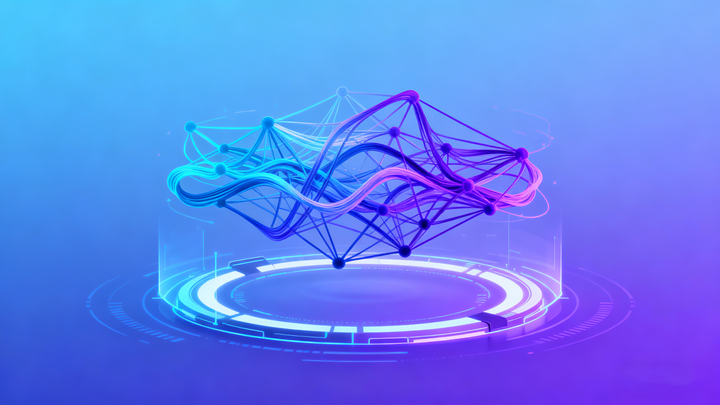What Is Artificial Intelligence, and How Does It Affect Us?

Artificial Intelligence, or AI for short, is a branch of technology that lets computers do tasks that usually need human intelligence. Think of it as giving machines "brains" to learn, reason, and make simple decisions—without being told exactly what to do step by step.
AI is already everywhere in our daily lives, even if we don’t always notice it. When your phone suggests the next word as you type a message, that’s AI. When streaming apps like Netflix recommend movies you might like, or when voice assistants such as Siri or Alexa answer your questions, AI is working behind the scenes. It also helps in practical ways: doctors use AI to spot diseases in medical scans more quickly, and self-driving cars use it to recognize roads and avoid obstacles.
How does AI learn to do these things? Most often, it uses "machine learning." Developers feed large amounts of data into AI systems—for example, thousands of photos of cats—and the AI figures out patterns (like "cats have whiskers and pointy ears") to recognize new photos of cats later. The more data it gets, the better it becomes.
But AI isn’t perfect. One challenge is bias: if the data used to train AI has unfair information, the AI might make unfair decisions. For example, a hiring AI could favor certain groups if its training data has more resumes from those groups. Another concern is privacy, since AI often needs lots of personal data to work well.
Looking ahead, AI has big potential. It could help solve big problems like climate change by analyzing weather data, or make education more personalized by adapting lessons to each student’s needs. But we also need to make sure it’s used safely and fairly—with rules to protect people.
In short, AI is not just a fancy technology term. It’s a tool that’s already making our lives easier, and with careful use, it can do even more good in the future.
smart glasses ← Click here to enter the purchasing process
smartwatch ← Click here to enter the purchasing process






